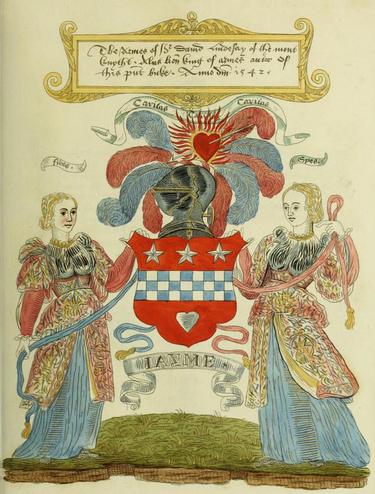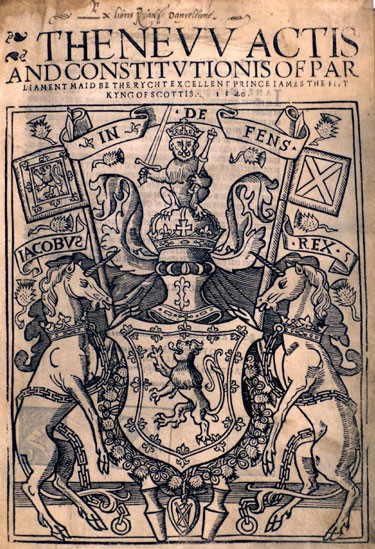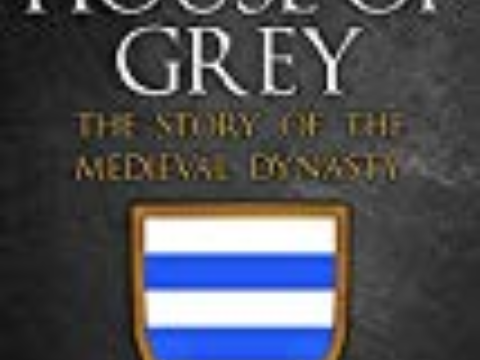James V: Religion and Reform
Chapter 5 : Parliamentary Support for the Church
James could not, of course, be unaware of the need for change, and happily listened to satire upon the ignorance, superstition and venality of the average priest, composed by his childhood mentor, Sir David Lindsay of the Mount.

But there was a difference between condemning poor practice and rejecting the authority of the Church or its doctrines. The Parliament of 1541 clearly set out the official position of James and the three Estates, with legislation that comprised the following for management of the Church (paraphrased – see Acts of Parliament of Scotland):
- The Holy Sacraments were to be honoured, as in time past.
- The Virgin Mary was to be worshipped and reverenced and prayed to intercede with the Holy Trinity for the welfare of the King and Queen and for peace and concord amongst Christian people. The saints were also to be honoured and invoked.
- There was to be no questioning of the Pope’s authority, on pain of death and confiscation.
- Reforming kirks and kirkmen – a long list of exhortations for clerics to set a good example and look after their parishes and parishioners in accordance with Church teaching.
- There were to be no private conventions to dispute scripture.
- Abjured heretics may not discuss religion, abjured or suspected heretics may not hold office.
- There is to be a reward for those that reveal conventions for disputing scripture or heretics.
- No-one is to damage or dishonour statues of the saints.
- It will be treason for anyone to try to install a bishop or abbot, other than as nominated by the King or the Pope.

In other orders, James forbad the Church to exact death duties.
With a King and clergy committed to holding to the old faith, it seems unlikely that the Reformation would have gained much ground in Scotland, had James lived, especially if he had kept up pressure for internal reform. His early death, however, opened the door to a much more radical change in religion, with the appearance of George Wishart and John Knox.
This article is part of a Profile on James V available for Kindle, for purchase from Amazon.
